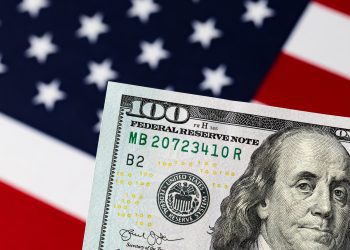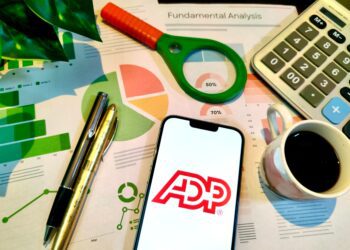Americans are increasingly relying on credit cards to cover daily expenses, with credit card debt reaching a new record high of $1.14 trillion at the end of June, according to a New York Federal Reserve report. This marks a $27 billion increase from the previous quarter, the highest level since the data collection began in 2003. Credit card delinquencies have also risen, with 9.1% of outstanding debt in delinquency as of June, up from 8.5% in the previous quarter.
The rise in credit card usage is concerning due to record-high interest rates. The average annual percentage rate (APR) for credit cards hit 20.73% last week, the highest since tracking began in 1985. High APRs mean that carrying debt becomes more costly over time, with the average American owing $5,000 potentially facing 279 months and $8,124 in interest to pay off the debt if making only minimum payments.
Total household debt increased to $17.8 trillion, driven by credit card debt and auto loans, which climbed by $10 billion to $1.62 trillion. Mortgage balances rose by $77 billion to $12.51 trillion, while student loan debt fell by $10 billion. The rise in debt comes despite the Federal Reserve’s efforts to curb inflation through aggressive interest rate hikes, with inflation still up 3% year-over-year, placing significant financial pressure on U.S. households, particularly those with lower incomes.












